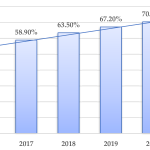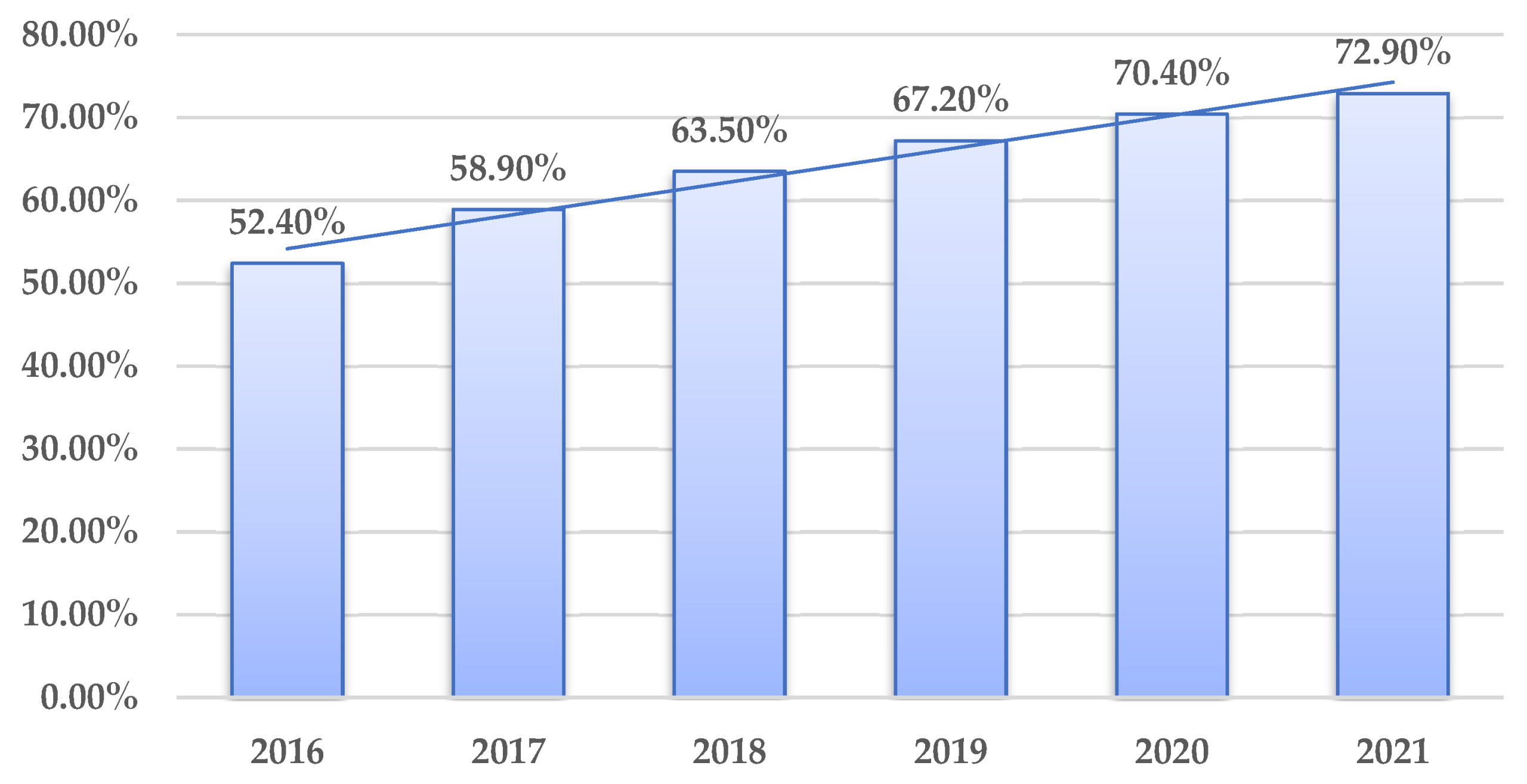The New Frontier of E-Commerce
Artificial Intelligence is no longer a buzzword—today it is at the heart of e-commerce evolution. For small sellers using platforms like SellerKid, AI tools are revolutionizing how products are discovered, marketed, and sold. From inventory predictions to personalized recommendation engines, AI helps level the playing field between small vendors and large retail giants. With rising competition and consumer expectations growing, leveraging intelligent systems is becoming essential for survival in digital marketplaces.
Smarter Inventory Management
One of the major pain points for small sellers is inventory control: ordering too much leads to dead stock, ordering too little leads to missed sales. AI addresses this by analyzing sales patterns, seasonal shifts, and external data (like market trends or even weather) to forecast which SKUs will be in demand. This predictive modeling enables sellers to optimize stock, reduce waste, and improve cash flow. As a result, startups and small online shops can operate with leaner inventories while maintaining high fulfillment rates.
Personalized Marketing and Customer Experience
AI allows small sellers to deliver experiences once exclusive to big brands. Through recommendation engines and behavior analytics, systems can suggest products a customer is likely to buy, send tailored email or push notifications, and optimize ad bids in real time. On SellerKid and other platforms, this can mean higher conversion rates from casual browsers. AI chatbots provide 24/7 customer support, helping answer queries, guide product choices, and reduce cart abandonment.
Automation of Routine Tasks
Day-to-day tasks like cataloging, image editing, price adjustments, and listing optimization consume valuable time. AI automates many of these. For instance, sellers can upload product images and AI tools automatically crop, enhance, or tag them. Dynamic pricing engines adjust prices based on competitor activity, demand, and inventory levels. These automations free sellers to focus on strategy, branding, and customer relations rather than repetitive chores.
Challenges and Ethical Concerns
Despite the benefits, integrating AI is not risk-free. Small sellers may lack data to train accurate models, leading to flawed predictions. AI systems may inadvertently introduce bias—favoring popular products over niche ones or underrepresenting certain categories. Privacy concerns also arise when analyzing customer behavior. Sellers must balance innovation with transparency, choosing tools that respect user data and comply with relevant regulations like GDPR or local laws.
Globalized Market Reach
AI does more than just refine your existing market—it helps sellers expand globally. Language translation models, demand forecasting across regions, and automated adaptation of listings for diverse markets open new horizons. A seller in Pakistan using SellerKid could automatically tailor listings for customers in the Middle East or Southeast Asia. AI helps cross borders, reducing the friction of localization and competitive positioning.
Business Implications for SellerKid
For a platform like SellerKid, integrating AI capabilities at the platform level (for all sellers) can significantly enhance its value proposition. If SellerKid offers built-in AI forecasting, automated listing tools, and smart marketing modules, it can attract and retain more sellers. This not only increases platform loyalty but also drives overall volume, boosting the ecosystem’s scale and competitiveness.
FAQs
What kinds of AI tools are most useful for small e-commerce sellers?
Inventory forecasting, recommendation engines, chatbots, dynamic pricing, and listing optimization are among the most valuable.
Is AI expensive for small sellers?
Not necessarily—many SaaS tools offer tiered plans, and platform-integrated AI features can reduce independent costs.
Can AI predictions be trusted?
They are as good as the data backing them. Sellers should continuously monitor outcomes and adjust models.
How do privacy laws affect AI in e-commerce?
Regulations like GDPR require transparency in how customer data is used; sellers must ensure compliance when utilizing AI tools.
Should every seller adopt AI now?
It depends. If your sales volume and data are sufficient, early adoption offers competitive advantage. For very small sellers, incremental AI adoption is safer.
Conclusion
AI-driven tools are transforming the e-commerce landscape, especially for small sellers who previously lacked resources to compete with large retailers. From smarter inventory management to personalized marketing, automation, and cross-market expansion, AI offers a toolkit for scalable growth.
However, success requires thoughtful implementation. Ethical concerns, model accuracy, and transparency must be addressed. Platforms like SellerKid that embed AI capabilities at the infrastructure level stand to become hubs of seller success, making them instrumental in shaping the future of digital commerce.













